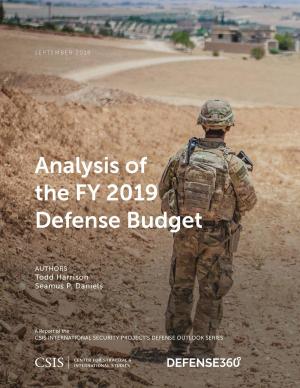Realizing the Potential of U.S. Unconventional Natural Gas
Nonfiction, Social & Cultural Studies, Political Science, Government, Public Policy| Author: | Sarah O. Ladislaw, Lisa A. Hyland, David L. Pumphrey | ISBN: | 9781442224728 |
| Publisher: | Center for Strategic & International Studies | Publication: | May 3, 2013 |
| Imprint: | Center for Strategic & International Studies | Language: | English |
| Author: | Sarah O. Ladislaw, Lisa A. Hyland, David L. Pumphrey |
| ISBN: | 9781442224728 |
| Publisher: | Center for Strategic & International Studies |
| Publication: | May 3, 2013 |
| Imprint: | Center for Strategic & International Studies |
| Language: | English |
The ability to access and economically develop vast amounts of America’s unconventional natural gas resources, especially large shale gas formations, has altered our national view on energy and has subsequently changed the discourse at the federal, state, and local levels. Since 2008, when the economic viability of shale gas resources first became widely recognized, policymakers and industry leaders have worked to better understand the nature of this resource; the risks and opportunities associated with its production, transport, and use; and the potential strategic implications of the United States’ new energy reality. The paradox of the U.S. unconventional gas story is that the technologies and industry practices that made it possible have been decades in the making; the public policy and commercial landscape is vastly different from just a few years ago; and the story of this remarkable resource development is still in its infancy. In an attempt to capture the current state of play with respect to resource development, operational practices, risk identification and mitigation, impacts assessment and identify strategies that allow this valuable resource to be prudently developed, the CSIS Energy and National Security Program undertook this Unconventional Gas Initiative. Over the course of the past year, the authors were able—in concert with industry and nongovernmental organization (NGO) supporters—to work with a wide array of regulators, policymakers, environmental, industry and financial groups, academics and community stakeholders to capture the latest understanding of the unconventional gas development picture and develop themes and findings in the hope of facilitating an informed discussion on a path forward.
The ability to access and economically develop vast amounts of America’s unconventional natural gas resources, especially large shale gas formations, has altered our national view on energy and has subsequently changed the discourse at the federal, state, and local levels. Since 2008, when the economic viability of shale gas resources first became widely recognized, policymakers and industry leaders have worked to better understand the nature of this resource; the risks and opportunities associated with its production, transport, and use; and the potential strategic implications of the United States’ new energy reality. The paradox of the U.S. unconventional gas story is that the technologies and industry practices that made it possible have been decades in the making; the public policy and commercial landscape is vastly different from just a few years ago; and the story of this remarkable resource development is still in its infancy. In an attempt to capture the current state of play with respect to resource development, operational practices, risk identification and mitigation, impacts assessment and identify strategies that allow this valuable resource to be prudently developed, the CSIS Energy and National Security Program undertook this Unconventional Gas Initiative. Over the course of the past year, the authors were able—in concert with industry and nongovernmental organization (NGO) supporters—to work with a wide array of regulators, policymakers, environmental, industry and financial groups, academics and community stakeholders to capture the latest understanding of the unconventional gas development picture and develop themes and findings in the hope of facilitating an informed discussion on a path forward.















